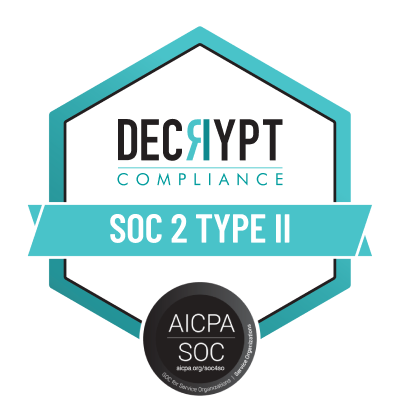Security in the Crypto Space: How Cyvers is Making a Difference

Introduction
The blockchain and crypto space has revolutionized the way we conduct transactions, providing a decentralized and secure way to move money and other assets. However, this cutting-edge technology has also brought new difficulties. As hacks become more common, security issues affect both enterprises and investors all over the world. In this article, you will learn about security in the crypto space and how Cyvers is a differentiator.
Security in the Blockchain and Crypto Space: How Important Is It?
The value of digital assets in the crypto space makes it a prime target for hackers, resulting in significant financial losses and reputational damage. Security breaches have impacted both enterprises and investors, making security an essential aspect of the industry.
Just recently, on February 12th, dForce’s smart contracts were hacked through a reentrancy & flash loan exploit.
Web3 protocols must take the necessary steps to secure digital assets. Failing to prioritize security will lead to significant financial losses and devastating reputational damage. Security is therefore of utmost importance in the blockchain and cryptocurrency space as the value of the digital assets transacted on the blockchain makes it a prime target for hackers.
The Function of Monitoring Smart Contracts
Smart contracts are agreements that automatically carry out their task. They help people and businesses execute contracts and transactions autonomously without the involvement of a third party. Thanks to the smart contracts, more complicated interactions on the blockchain can be completed quickly, securely and effectively. Simultaneously, the real value of assets will reside in the smart contracts on the blockchain (or in EOA, commonly known as user wallets) and not at the hands of a central authority.
Smart Contracts vs EOA:
Due to the differences in design, EOAs are secure if one keeps the private key safe. With smart contracts, there is increased complexity and lots of additional components. Accessing the funds can be done just by interacting with the smart contracts, and the complexity could present loopholes which the smart contract developers may not have seen before.
This is where real-time monitoring comes in.
Cyvers.ai: Real-time monitoring for proactive hack mitigation
Real-time monitoring is crucial since smart contracts are not impenetrable and can be targets of exploitation and manipulation. When an attacker finds a vulnerability in a dApp or a protocol, it does not mean it is too late, as 50% of hacks take more than one hour to be completed. This is the time frame any DeFi protocol has to prevent their funds from being stolen and laundered.
Meir Dolev, CTO of Cyvers mentions:
“Assets residing in smart contracts can be protected by real-time monitoring, which can assist in detecting and preventing security breaches. Our Security approach provides the extra layer of security in addition to the necessary but incomplete smart contract auditing”.
As 98% of projects don't respond within the first hour of an attack, it is a statement of the need for real-time incident response and proactive mitigation solutions such as Cyvers.
The Cyvers solution
At Cyvers, we offer proactive and real-time smart contract monitoring to shield individuals and companies from security flaws in the blockchain and cryptocurrency environment. The business has a distinctive strategy that employs machine learning and artificial intelligence to examine blockchain transactions and find any questionable activities. With this technology, Cyvers can recognize weaknesses and send out real-time notifications to prevent security breaches.

The Effect of Cyvers' Solution
Cyvers's proactive approach to smart contract monitoring has significantly impacted the blockchain and cryptocurrency industries. Our platform has successfully given alerts in several exploitation situations where Web3 projects lost millions in sums.
In a recent case, the Cyvers platform gave an alert of the Wintermute hack, which resulted in a $162m loss. A hacker deployed a malicious smart contract to attack the Wintermute contract. If Wintermute used the Cyvers platform, it would have given an alert that an attack is occurring the second the deployment was in the Mempool. Here the attack prevention timeframe was 5 minutes and the response timeframe was 43 minutes.
This was also explained in detail in our Web3 Security Report. Essentially, if real-time monitoring was in place, the $162m loss could potentially have been prevented…
Conclusion
As with any new technology, there are hazards in the blockchain and cryptocurrency area, which is an environment that is rapidly growing. But we make a difference by offering proactive real-time monitoring of smart contracts to protect consumers and businesses from security flaws. To make sure that blockchain and cryptocurrency transactions are safe and secure, we must keep coming up with new ideas and solutions as technology changes. Real-time proactive monitoring is exactly this!
Next generation threat prevention
Identify patterns and anomalies across blockchains in real-time for proactive mitigation.




.webp)
.webp)
.webp)

.webp)
.webp)